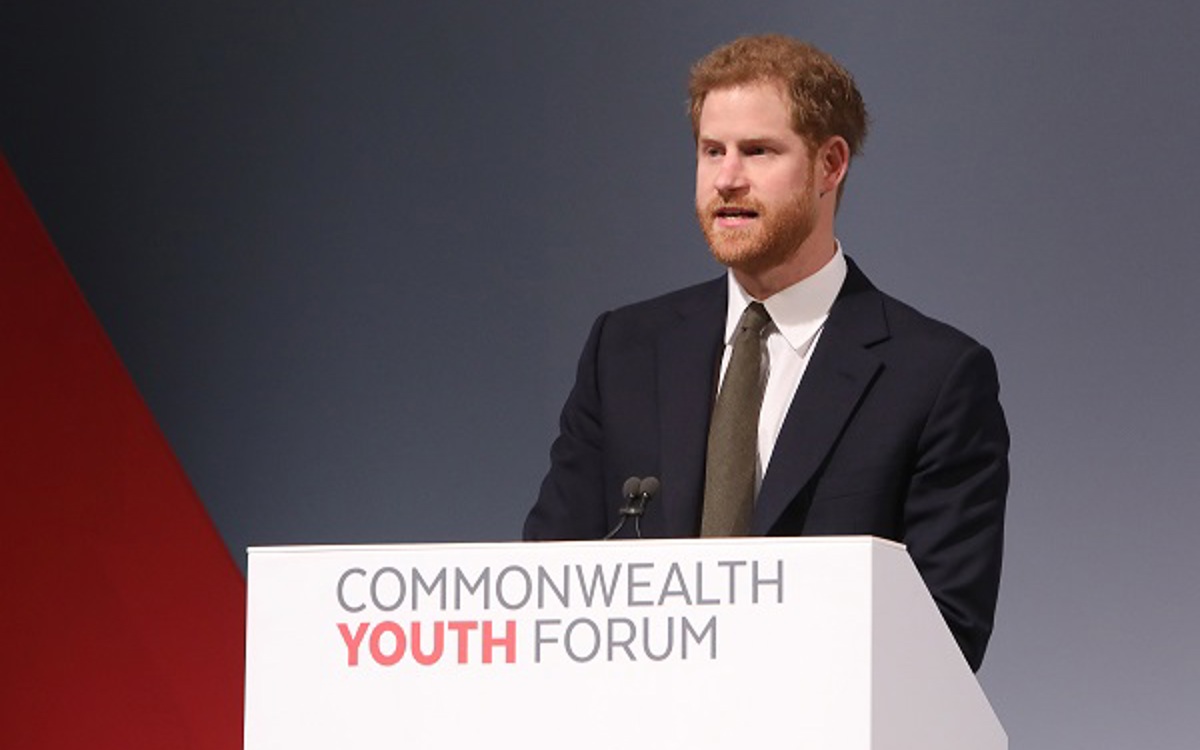
In the days to come, Prince Harry will no doubt find himself the focus of almost unimaginable levels of public interest. No detail of his forthcoming nuptials – from the cake (purportedly a lemon and elderflower creation, with buttercream topping) to flower arrangements (peonies and foxgloves from the Crown Estate…) will escape the public gaze.
Just a few weeks ago, however, Prince Harry hit the headlines for a very different reason – and one perhaps rather closer to home for many of us. In his opening remarks to the Commonwealth Heads of Government Meeting (CHOGM), and as his first act as Commonwealth Youth Ambassador, the prince announced the launch of 150 new Commonwealth Scholarships for study in low and middle income countries. These new awards – to be run by the ACU – will create new dynamics and new directions for international scholarships, enabling more young people to make a difference in an even wider range of countries.
Compassion, connectivity, and change
It was a proud moment for all of us at the ACU, and an honour to be in an audience of such enthusiastic young leaders from around the world. Prince Harry’s speech was in many ways a tribute to the young people he now represents. He spoke of their compassion, their optimism, their connectivity, and – perhaps crucially – their power to change the world. But he also referred to the need to focus on root causes if we are to tackle the major challenges of our time; the need to change mindsets and find long-term solutions.
At the ACU, we believe that higher education is central to this. It is a bedrock – a foundation stone – of a safer, healthier, fairer future. And for this reason, it is vital that we leave no one behind when it comes to accessing it.
Opportunities for all
The challenge of ensuring inclusive and equitable education opportunities for all was one I was pleased to discuss at a panel session at CHOGM’s Commonwealth Youth Forum. I argued that any society which aspires to more inclusive societies and economies must pay attention to inclusion within its higher education systems.
For universities today, the state of inclusion is a mixed one. On one hand, gross tertiary enrolment has soared, with more young people accessing higher education than ever before. Advancements in online and distance learning are bringing education opportunities to rural and underrepresented communities. And globally, there are now more female than male students at undergraduate level.
Yet huge inequities persist. For many, cost remains a barrier too great to overcome. Persistent patterns of exclusion mean that certain groups remain chronically underrepresented. And, in many countries, demand for university education far outstrips the supply.
On gender, too, there is much work still to be done. Progress towards greater equality in undergraduate enrolment is yet to be matched at postgraduate level, and women remain starkly underrepresented in STEM subjects, in academia, and in leadership roles.
Meanwhile, online learning, while promising so much, brings with it its own set of challenges. In a world where HE is increasingly commodified, courses from recognised global brands may come to dominate. While there may be advantages to this, I would argue that inclusive HE systems – just like inclusive societies – require a plurality of voices.
There are undoubtedly big challenges ahead. But perhaps we have something to learn from the optimism of which Prince Harry spoke: ‘The complicated challenges we face – climate change, inequality, conflict – they do not discourage you. Rather, they inspire you to persevere and effect change’. We wish him and Meghan every happiness.

